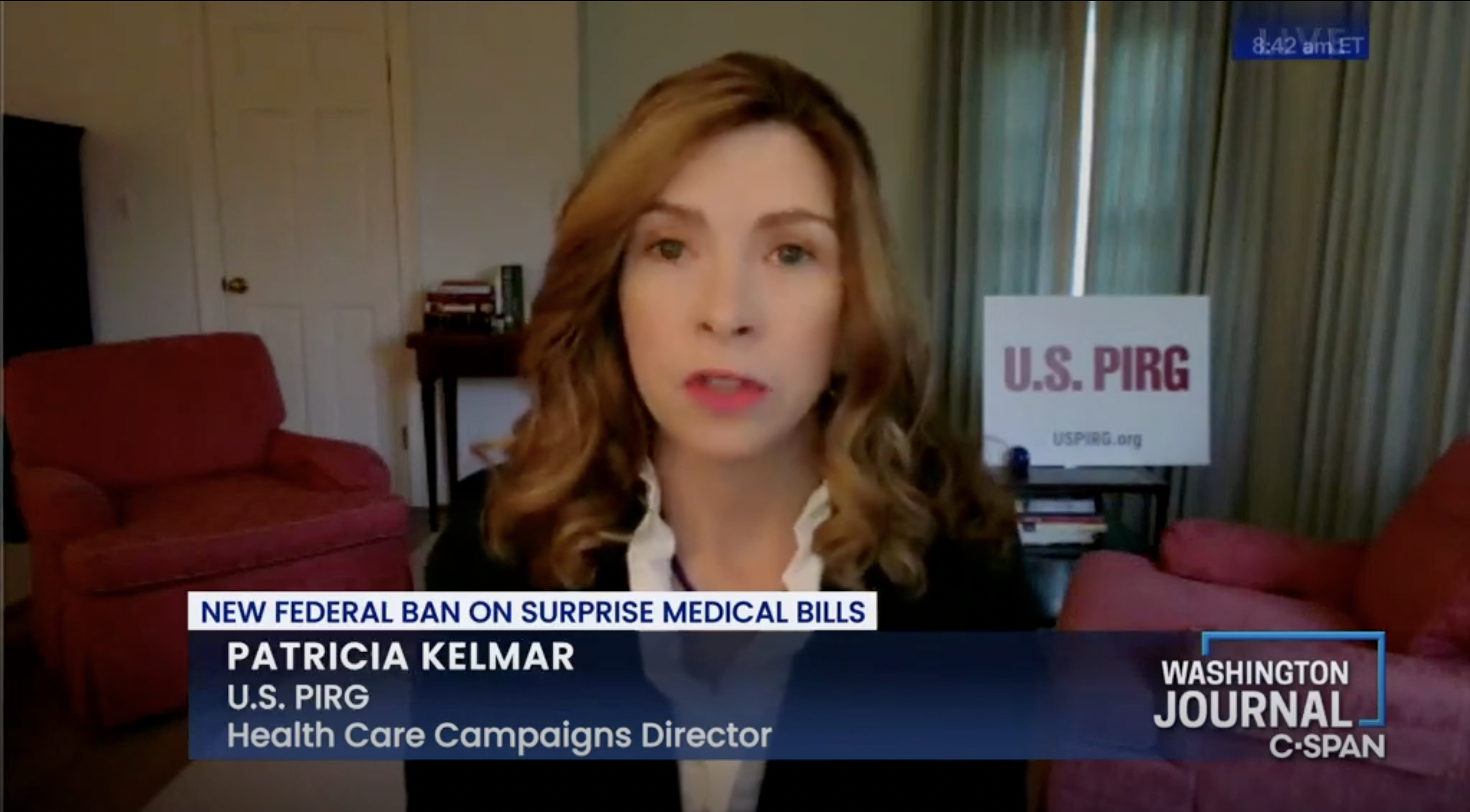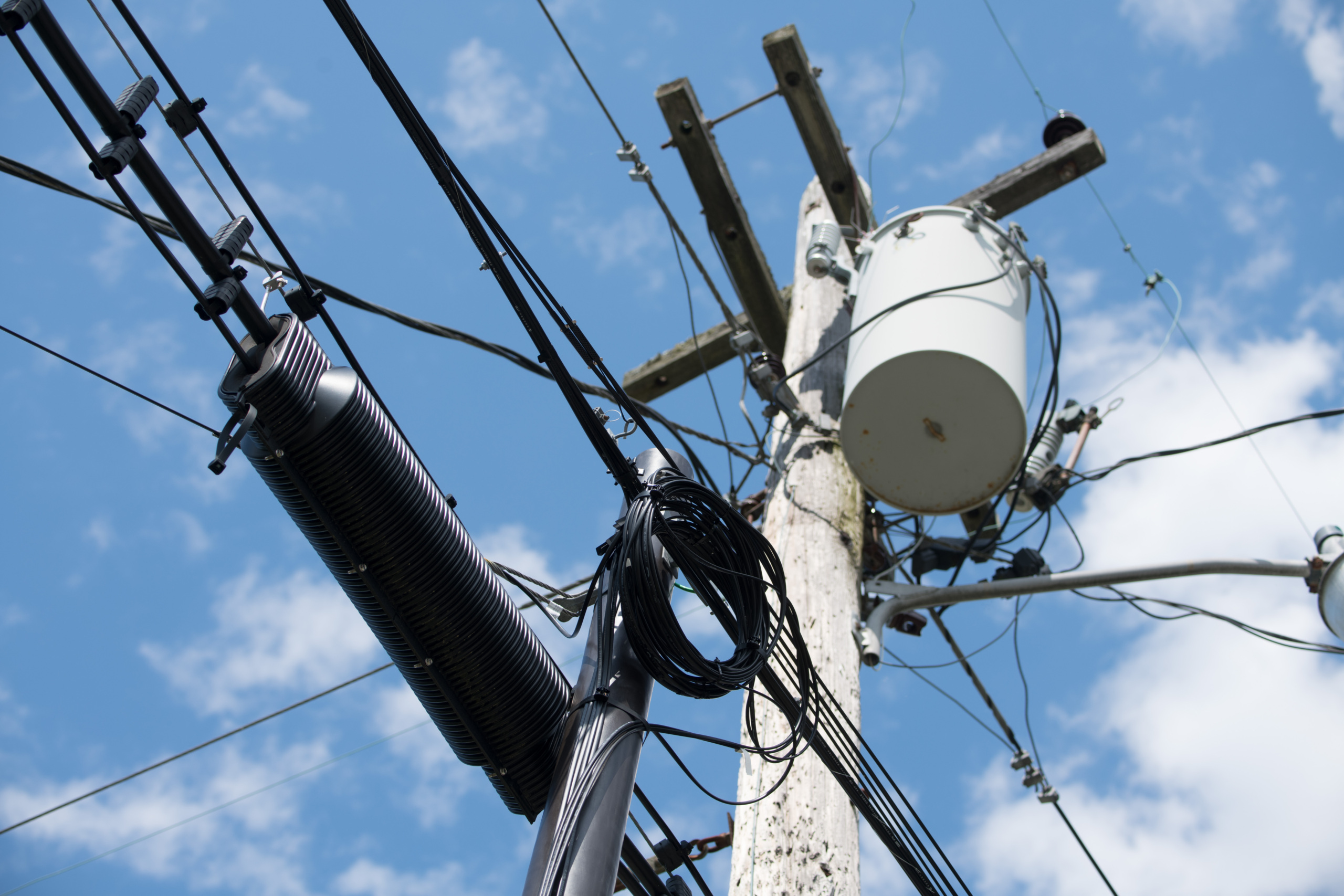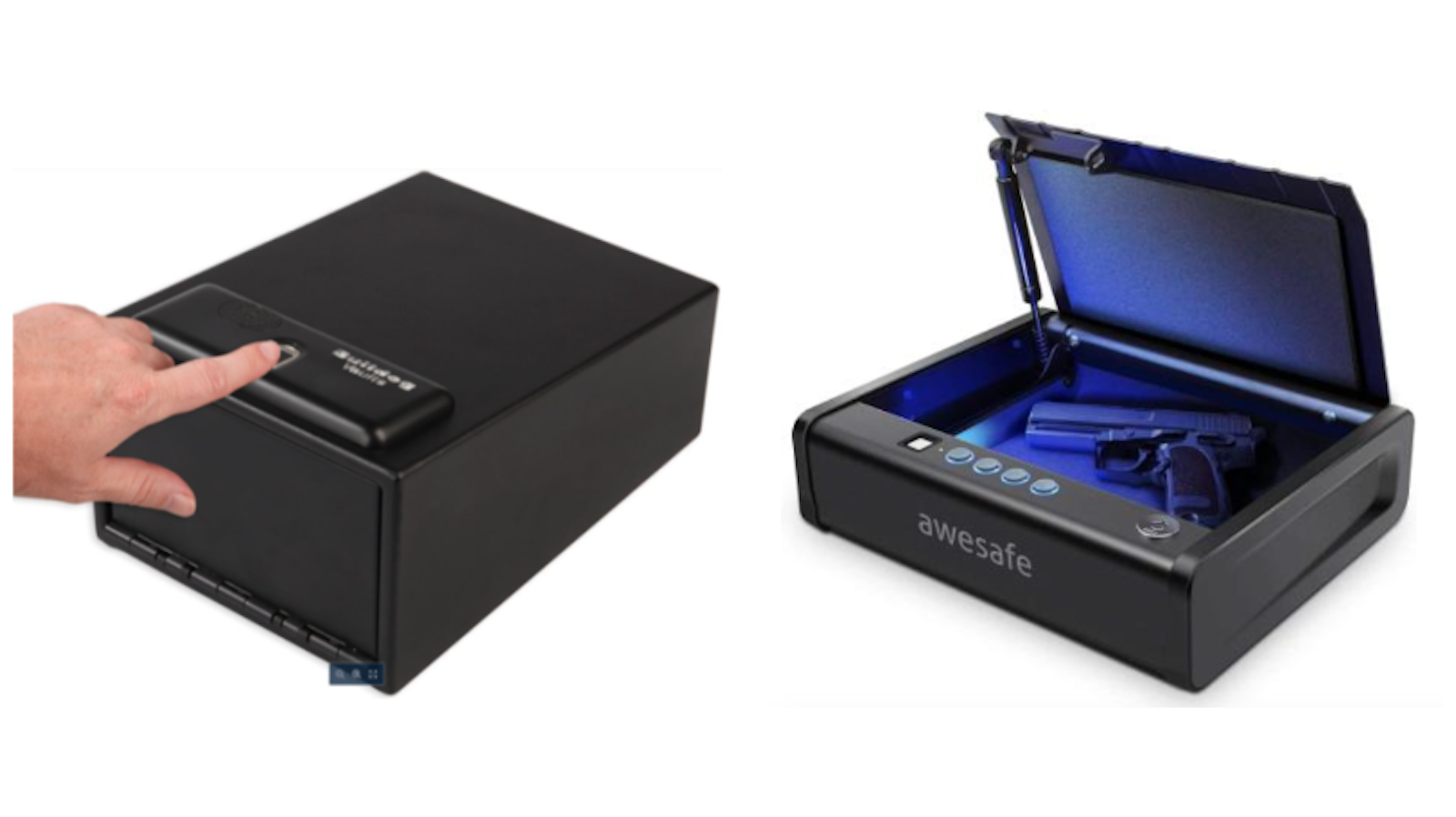
Medical Credit Cards: Are they a good deal?
Share your experience with medical credit cards.

High medical bills can be really tough to pay. But the credit card industry has swept in with their solution: the “medical credit card.” But before you sign up, think twice.
“Medical credit cards” are a relatively new offering, often promoting 0% APR interest for an introductory period of 6-18 months. Intended to pay for medical expenses, these cards are popping up in doctors’ offices (especially eye and dental care) and now even on hospital billing pages.
Unfortunately, many folks aren’t aware that the interest rates for these cards are normally higher than regular credit cards. According to the Consumer Financial Protection Bureau (CFPB), ScratchPay, a popular medical credit option, can have interest rates up to 36%. People who sign up for these cards may not realize that if they miss a payment, or can’t fully meet their monthly minimum, they’ll incur high late fees. And even worse, a late payment can trigger that high interest rate which will be applied retroactively on the entire balance.
PIRG is raising the alarm. When medical providers offer these “medical credit cards” in their offices, there is an implied trust that the doctor who cares for their patients’ physical health is also offering something good for their financial health. Nothing could be further from the truth. Medical credit cards are often offered to people who would otherwise qualify for financial assistance or be eligible for a low, or no-cost payment plan to pay for their medical bills.
President Biden’s office issued a warning in May warning about the dangers of medical credit cards. And now three federal agencies issued a request for information (RFI), looking for people to share their personal experiences with medical credit cards. The deadline to share these situations is September 11, 2023.
If you have had an experience with medical credit cards, please share it directly to the federal website. Alternatively, share your story with us before September 10, and we’ll submit it on your behalf. Answer any of these questions:
1. Have medical payment products ever been marketed to you, including by your health care provider? If so, please describe your experience and how the products were marketed to you. Were other options, such as financial assistance, marketed or explained at the same time?
2. If you have used a medical credit card or loan to pay for your care, what was your experience with the product? What benefits or harms did you experience? Was your health affected by your use of a medical credit card or loan? How much did interest and fee charges add to the cost of your care? How did using a medical credit card or loan affect your credit score and your ability to access credit? Would you use a medical credit card or loan to cover medical expenses again? Why or why not?
3. Have you ever tried to dispute a medical bill you paid using a medical credit card or loan? If so, please describe your experience.
4. Have you ever had an overdue bill on a medical credit card or loan sent to collections? How quickly was the bill sent to collections? Did your experience with collections affect your credit score, your access to medical care, or your health?
5. Have you ever felt pressured to pay for care using a medical payment product or general purpose credit card when you believed that was not in your best interest? If so, please describe your experience.
6. Have you ever used or been pressured to use a medical credit card or loan to pay a bill that you believe should have been covered by your health insurance? If so, please describe your experience.
7. Have you ever used or been pressured to use a medical credit card or loan to pay a bill that you believe should have been covered by your health care provider’s financial assistance policy? If so, please describe your experience.
8. Has your knowledge about the availability of medical credit cards or loans led you to believe that health insurance might not be necessary, or not acquire health insurance?
See the Campaign

High Value Health Care
Topics
Updates

Energy Conservation & Efficiency
Groups urge Biden to ‘Finish the job’ on appliance efficiency

Energy Conservation & Efficiency
Transformer efficiency rule leaves energy savings on the table

Discussing Democracy

Secret shopper survey finds retailers failing to inform consumers
